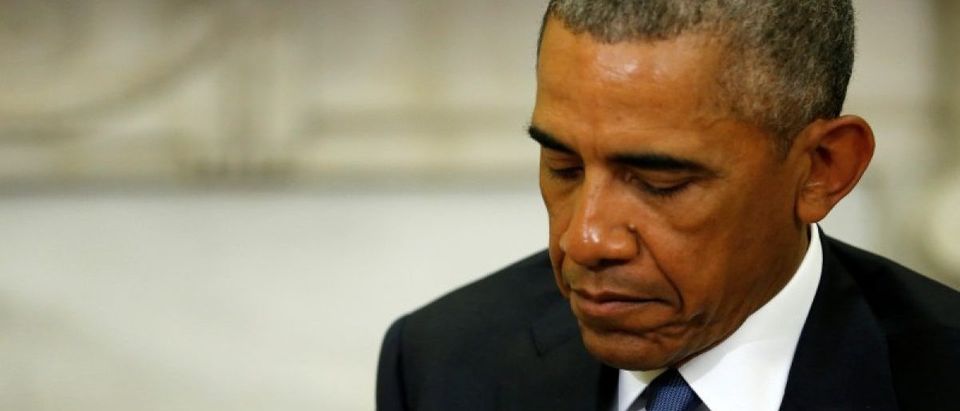President Barack Obama’s pivot to Asia faces daunting strategic challenges as America’s Asian allies continue to cede power to a rising China.
The Philippines is turning to China for defense contracts and developmental aid in return for silence on the South China Sea, and Australia refuses to conduct maritime freedom of navigation operations, further emboldening China’s expansionist behavior in the disputed region.
The South China Sea, particularly the Scarborough Shoal, has been at the heart of tensions between China and the Philippines for years. In 2013, the Philippines unilaterally submitted the dispute to the Permanent Court of Arbitration in The Hague. The arbitration tribunal discredited China’s claims to the South China Sea July 12 in an unprecedented ruling.
Despite this victory for the Philippines and the rules-based international order, President of the Philippines Rodrigo Duterte has weakened the ruling’s power.
“Let’s not dwell on the Scarborough Shoal. We don’t have the capabilities. Even if we express anger, it will just amount to nothing … We cannot win that.” the president said recently. “If we can have the things you have given to other countries by way of assistance, we’d also like to be a part of it and to be a part of the greater plans of China about the whole of Asia, particularly Southeast Asia,” he told China’s Xinhua News Agency. “Only China can help us,” Duterte further stated.
These statements followed a public spat in which Duterte told Obama to go to hell and threatened to “break up with America.”
Australia is also boosting China’s control over the South China Sea, through which 60 percent of Australia’s international trade passes. The island nation initially agreed with Japan and the U.S. that the arbitration ruling was a “crucial opportunity for the region to uphold the existing rules-based international order and to show respect for international law,” but that appears to be changing.
Australian leadership reportedly decided last week that the Australian Navy will not conduct freedom of navigation operations in the South China Sea because such actions, according to Foreign Minister Julie Bishop, “escalate tensions.” Bishop’s statements reportedly mimic Chinese comments.
China warned Australia recently to “speak and act cautiously” in word and deed in the South China Sea, and Australia appears to have taken the message to heart.
The “China wedge” is listed as a primary threat to the U.S.-Australia alliance in a new report from the United States Studies Centre at the University of Sydney. “‘China choices’ are inevitable. And, if they are handled poorly, even these more modest choices threaten to drive a wedge between the United States and Australia,” the report explains. It is still unclear how Australia’s decision will impact the relationship or the regional strategic balance.
The U.S. still has allies that are willing to stand up to China in the region.
Japan remains committed to boosting the defense capabilities of South China Sea claimant states and pushing back against Chinese provocations in the East China Sea, but it has not yet crossed China’s “red line” and taken part in freedom of navigation operations with the U.S. or unilaterally.
South Korea, despite strong protests from China, is determined to put pressure on North Korea and install a Terminal High Altitude Area Defense (THAAD) missile shield in Seongju.
There are, however, discussions in these countries about the value of the U.S. as an ally and the strength of the Asian security structure.
Send tips to ryan@
All content created by the Daily Caller News Foundation, an independent and nonpartisan newswire service, is available without charge to any legitimate news publisher that can provide a large audience. All republished articles must include our logo, our reporter’s byline and their DCNF affiliation. For any questions about our guidelines or partnering with us, please contact licensing@dailycallernewsfoundation.org.


